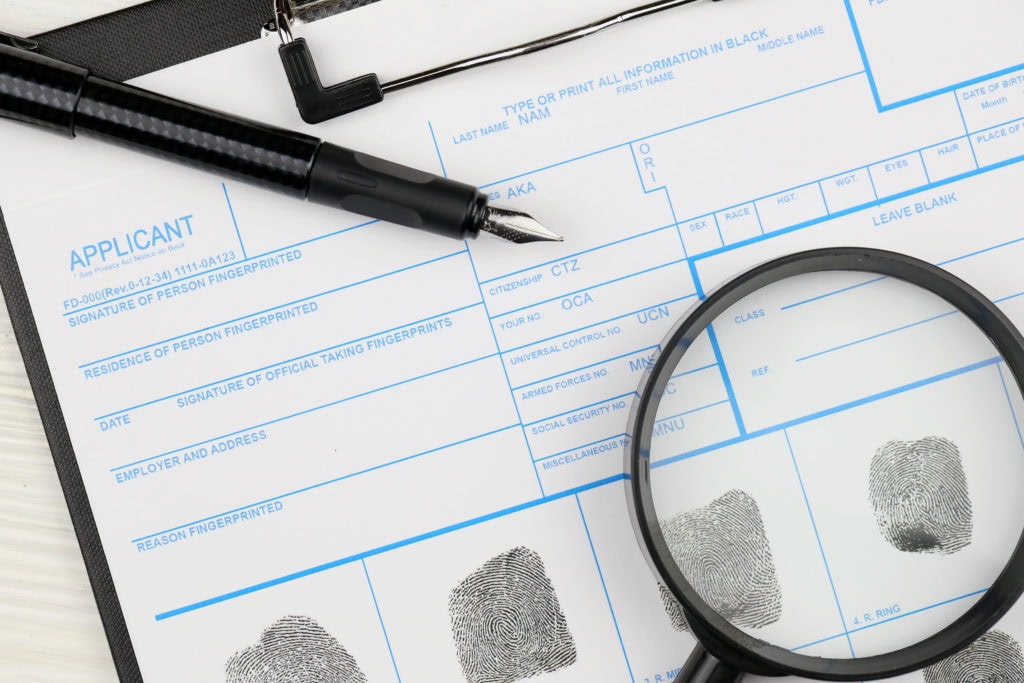Free Case Evaluation | Call Us 24/7 AT (416) 658-1818

Individuals living in Ontario who have never been convicted of a criminal offence and therefore do not have a criminal record may still have information disclosed about them under a police record check.
Despite not being representative of a criminal offence conviction, non-conviction information may greatly negatively affect an individual's job prospects, educational advancement, volunteer placements or other opportunities requiring criminal record checks.
This type of non-criminal offence conviction information that may be disclosed according to a criminal record check includes criminal charges that were withdrawn, unproven accusations, mental-health crises that resulted in a police intervention or a 911 call, and domestic assault 911 calls.
Many people living in Ontario believe that the practice of disclosing such information is discriminatory and unfair to people who have non-conviction records, as these people are legally innocent. The negative impact of a non-conviction record can be detrimental to individuals' potential opportunities. As a result of the current practice of non-conviction disclosure, a vast number of Canadians are vulnerable to seeing their ambitions crushed, reputations ruined, and career advancement limited.
Finally, as a result, in December 2015, the Ontario legislature unanimously voted to pass the Police Records Check Reform Act (PRCRA).
The PRCRA is meant to impose stricter limits on the information that could be disclosed by the police under a Police Record Check, prioritizing individual privacy over disclosure. However, more than two years after this legislation was passed, it has yet to be proclaimed into law, which is unusual. The delay, according to Ontario's Ministry of Community Safety and Correctional Services, is due to new regulations still being designed.
With the provincial elections looming, there's a fear that the Police Record Check Reform Act will not become law before a new provincial government is elected. Consequently, due to this delay, the old practice of disclosing non-conviction under police record checks is still in practice.
This practice can have a negative impact, especially on vulnerable members of society like people with mental health problems. There are many documented cases of people who have called 911 about a mental health crisis being discriminated against for employment and educational opportunities.
Although a criminal record can be detrimental to an individual's future aspirations, someone with a criminal record may still apply for a pardon. A pardon allows someone who has a criminal conviction to apply to have the condition removed from their record.
However, there's no similar process for those who have not been convicted of a criminal offence like young offenders but still have a damaging non-conviction record. The Ontario Human Rights Code prohibits discrimination against people who are pardoned for crimes.
However, the Ontario Human Rights Code does not have any provisions to protect people who have been charged but never convicted of a criminal offence. These people are legally innocent and have never been afforded due process to defend themselves, yet still suffer the consequences of having a police record on file.
Many people feel that the province of Ontario should extend the human rights code protections to include people with non-conviction records immediately. If you have been charged with a criminal offence, Kostman and Pyzer are available for a free consultation!
The Police Record Check Reform Act (PRCRA) was introduced to address the issue of non-conviction information being disclosed on police record checks, which can significantly impact job prospects, education, and volunteer opportunities.
If you are dealing with a non-conviction record or have concerns about the effects of police record checks on your future, our Toronto Defence Lawyers can help guide you through your options and protect your rights.